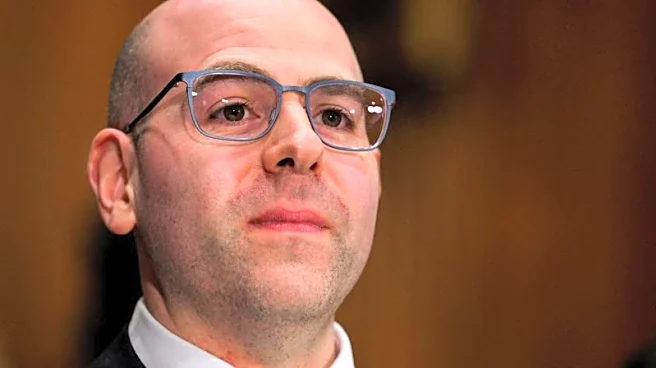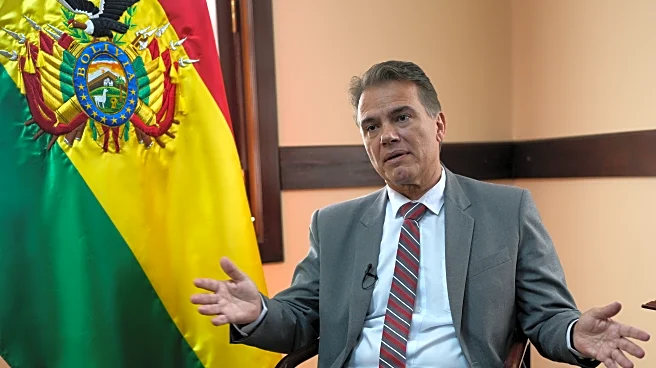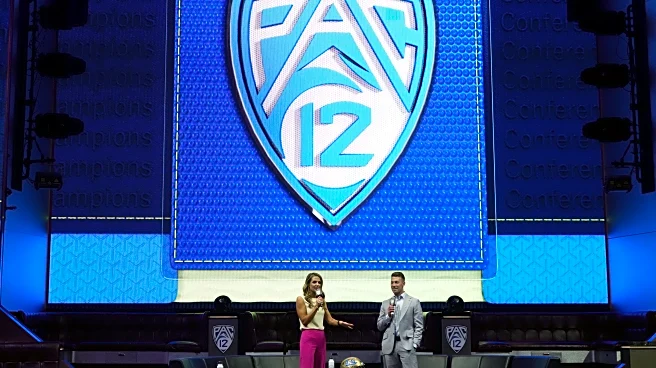WASHINGTON (Reuters) -Renewed U.S.-China trade tensions pose new downside risks to the economic outlook, making it more important that the U.S. central bank cut its benchmark interest rate, Federal Reserve
Governor Stephen Miran said on Wednesday.
"We have to recognize that there is some difference now versus where we thought things were a week ago," before China announced new restrictions on the export of rare earth minerals critical to high-end manufacturing, Miran said at the CNBC "Invest in America Forum" in Washington.
"There's now more downside risk than there was a week ago, and it is incumbent upon us as policymakers to recognize that should get reflected in policy ... It becomes even more urgent that we get to a more neutral place in policy quickly."
President Donald Trump responded to China's rare earths announcement with threats to raise the tariff on Chinese imports to 100%, restarting a trade war between global economic giants that had threatened to deal a deep blow to global trade last spring - a threat since avoided as the tariffs were dialed back and the two sides continued to negotiate.
Beijing's announcement that it would cut off supplies of minerals critical to high-tech consumer and defense products meant that "risks exist now that didn't exist a year ago," Miran said.
Treasury Secretary Scott Bessent, in remarks at the same forum, said the U.S. and China were continuing to talk.
The Fed cut rates by a quarter of a percentage point last month and is expected to do so again at its October 28-29 meeting, pushing its policy rate to the 3.75%-4.00% range.
Miran, on leave as the head of the White House's Council of Economic Advisers, argued for a larger half-percentage-point cut at the Fed's meeting last month, and said his outlook remains for lower inflation in coming months, and reiterated that he feels current U.S. monetary policy is too restrictive.
"I'm less concerned about upside inflation in the near future, which then gives us the flexibility and the freedom," to cut rates faster, Miran said.
(Reporting by Howard Schneider; Editing by Paul Simao)











